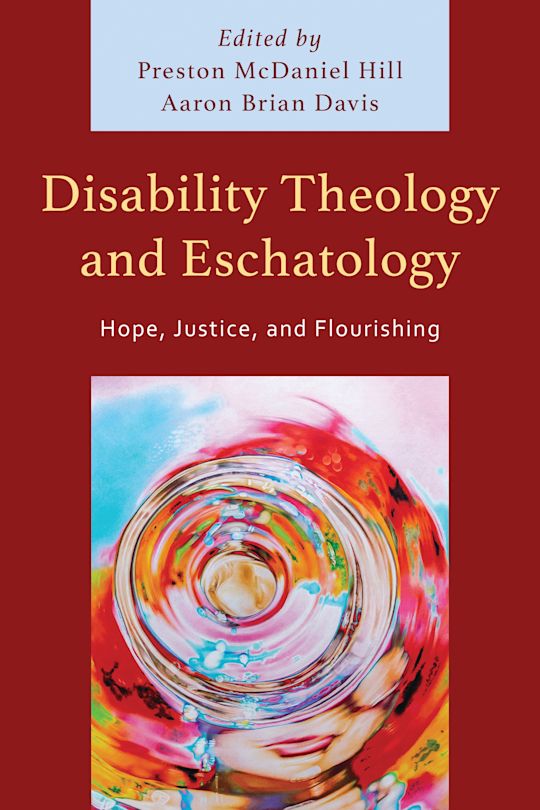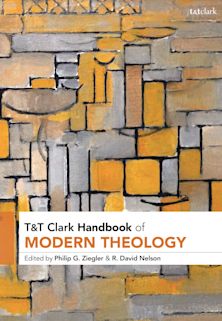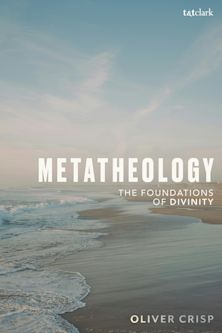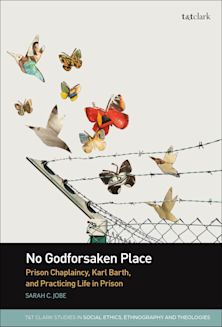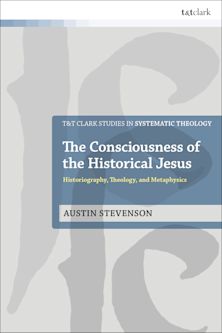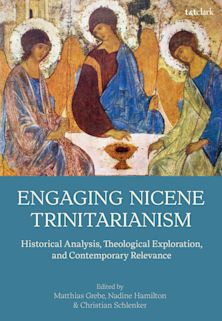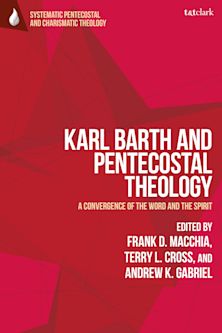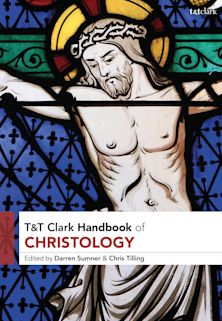Disability Theology and Eschatology
Hope, Justice, and Flourishing
Disability Theology and Eschatology
Hope, Justice, and Flourishing
For information on how we process your data, read our Privacy Policy
Description
Christian theology looks forward to a consummation of all things in which hope, justice, and flourishing will finally prevail. All creation will be perfectly united to God as its Creator, and all shall be well. But what does this mean for disabled people? The typical Christian answer through history has been that disability will not exist in the world to come. The advent of disability theology has given us reasons to doubt this answer. In response, Disability Theology and Eschatology: Hope, Justice, and Flourishing gathers together essays from established and emerging scholars alike to provide an extensive look at what it might mean to imagine disability as a part of humanity's ultimate ends. The volume advances conversations in disability theology through rigorously creative work, including on the much neglected topic of psychiatric disability. Contributors ask and answer questions like “how can one's well-being be high if they are disabled?,” “do Thomists have to be ableists?,” “how do our beauty standards limit our eschatological thinking?,” “what does dissociative identity disorder mean for the afterlife?,” and more.
Table of Contents
Part I: Disability in the Resurrection
Chapter 1: A Theory of Well-Being for Disability Theology, Aaron Brian Davis
Chapter 2: For the Beauty of Glory: Aquinas, Disability and Resurrection, Derek Estes
Chapter 3: Disability, Life After Death, and the True Self, Eleonore Stump
Chapter 4: Beautiful Bodies: Disgust, Diverse Embodiment, and Redeemed Perception in the Eschaton, Maja Whitaker
Part II: Psychiatric Disabilities
Chapter 5: Yo-Yo Hope, “Symptom Talk,” and the Courage Not to be Well: A Practical Theology of Chronic Illness, Long Covid, and Hope, Erin L. Raffety and Emma Worrall
Chapter 6: On the Afterlife of Saint Dymphna: A Reflection on the Interplay of Psychiatric Disability and the Communion of the Saints, Jessica Coblentz
Chapter 7: “Ask, Wish, and Believe Through Another”: Dissociative Identity Disorder and a Renewed Doctrine of Fides Aliena, Samuel J. Youngs
Chapter 8: Dissociative Identity Disorder in the Eschaton: Community, Integration, and Life After Death, Harvey Cawdron
Product details
| Published | Mar 15 2025 |
|---|---|
| Format | Ebook (Epub & Mobi) |
| Edition | 1st |
| Extent | 274 |
| ISBN | 9781978769021 |
| Imprint | Lexington Books |
| Publisher | Bloomsbury Publishing |
Reviews

ONLINE RESOURCES
Bloomsbury Collections
This book is available on Bloomsbury Collections where your library has access.









